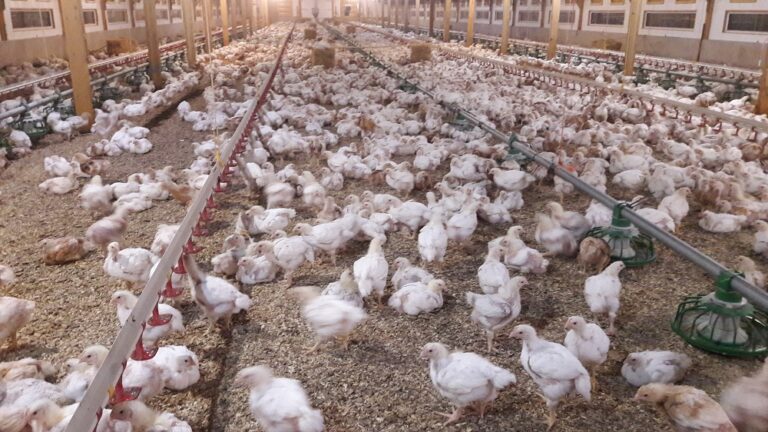Defra has announced new plans to allow breeders to use gene editing to produce more resistant, more nutritious and more productive crops and farm animals.
Gene editing is a tool that makes breeding more precise, allowing species to be more resistant to pests and disease, more productive and potentially more beneficial to the environment by reducing inputs.
Gene editing is different from genetic modification, because it does not result in the introduction of DNA from other species and creates new varieties similar to those that could be produced more slowly by natural breeding processes – but currently they are regulated in the same way as genetically modified organisms.
NFU Vice President Tom Bradshaw welcomed the news: “It is very encouraging to see the government’s view that new precision breeding techniques, such as gene editing, have the potential to offer huge benefits to UK farming, the environment and the public, and will be vital in helping us achieve our climate change net zero ambition.
“The world’s climate emergency points to the urgency of applying this technology to farming and this announcement is an important first step towards a properly functioning legislative system.
“These new tools could help in a number of ways, from addressing pest and disease pressures on crops and farm animals and improving animal health and welfare, to increasing farmers’ resilience in the event of extreme weather events such as flooding and drought and benefiting the environment through more efficient use of resources. This would mean lower emissions and less waste, allowing British farmers to farm more sustainably and profitably.
“Crucially, precision breeding technologies will also help in the development of foods with direct benefits to the public; better quality, increased nutritional value and products with a longer shelf life.”

picture credit: Charles Bourns
Previous ArticleComedian George Egg signed up to promote British Egg Week
Next Article Lanxess appoints new country representative in UK
Chloe Ryan
Editor of Poultry Business, Chloe has spent the past decade writing about the food industry from farming, through manufacturing, retail and foodservice. When not working, dog walking and reading biographies are her favourite hobbies.

